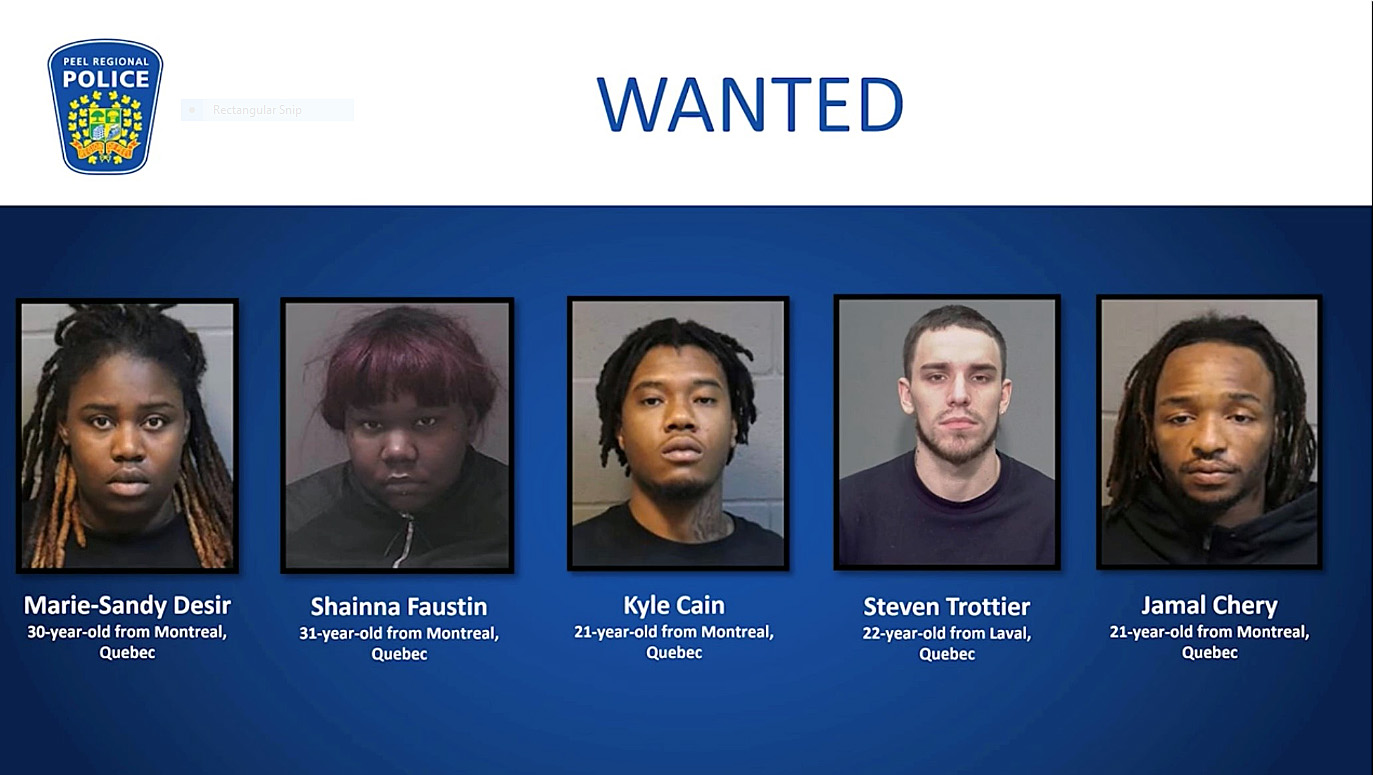Infra
National Links: A Toronto Bikelash

Every day, The Overhead Wire collects news about cities and sends the links to their email list. At the end of the week they take some of the most popular stories and post them to Greater Greater Washington, a group blog similar to Streets.mn that focuses on urban issues in the D.C. region. They are national and international links, sometimes entertaining or absurd but often useful.
Backlash to Doug Ford’s bike lane removal: Doug Ford, premier of Ontario, Canada, pledged to rip out bike lanes on major streets in Toronto last month, causing a major stir. The Toronto City Council is pushing back, voting 21-4 to oppose the change and not pay for any of the removals. As local commentators have noted, asking cyclists to take the scenic route isn’t viable, especially for those who cycle for transportation. And the belief that traffic problems can be fixed by removing a few cycle lanes and expanding roads is folly. (Leyland Cecco | The Guardian)
Who pays for Alabama’s zombie highway?: A ring highway to be constructed near Birmingham, Alabama, will cost $5.4 billion and be covered 100% by earmarks of federal funding. The road is seen as less important for transportation purposes than economic development, opening up land on the outskirts of town. The project has almost died many times but was given new life in Congress’ Infrastructure Investment and Jobs Act in 2022. Alabama has other priorities, but the money must go to this project. (Dennis Pillion | Inside Climate News)
Spokane considers bike and mobility network: Spokane, Washington, is planning to build a 27-mile low-stress bike and walking network in the city. Funding and location aren’t set yet, but the city council will soon vote on whether to move forward with the $6 million program. The design would include curb bump outs to slow speeding cars, medians that divert auto traffic away from slower streets and crosswalks that stop traffic at arterials. (Lauren Pangborn | Range Media)
Emissions data that states are hiding: A report by Environment America shares how 14 states have increased transportation emissions even as fuel economy has improved and national emissions have been reduced. Several of the states were also part of a lawsuit that stopped a federal rule requiring them to self-report emissions, even as they weren’t required to reduce them. As the power sector gets cleaner, emissions reductions from transportation would be needed to meet policymakers’ climate goals. (Kea Wilson | Streetsblog USA)
The impacts of housing instability: Violinist Laura Bates has been feuding with a landlord who is trying to evict her from her Toronto apartment even as she has always paid the rent. Rising rents have been a problem for artists over the past several decades, but the instability has creative impacts as well. Laura reports that her struggles have left her worn out, not able to practice before gigs and feeling less creative. (Justin Norton | Decibel Magazine)
This week on the Talking Headways podcast, we’re chatting with Leah Shahum, executive director of the Vision Zero Network.
Quote of the Week
“Advocates, academics, professionals and entrepreneurs are not drawn to their work because they love the way things are. Rather, they see gaps, inefficiencies or injustices in the status quo and dedicate themselves to addressing them. Their entire raison d’être is to push for change, which makes them effective at innovating, solving problems and bringing about progress. The issue is, the median citizen doesn’t necessarily share that enthusiasm for change. Change, even for the better, is risky and disruptive.”
— Civil Engineering Professor David Levinson (Sydney, Australia) in his Transportist newsletter discussing why progress often outpaces public opinion.
Photo at top by Jean-Karim Dangou on Unsplash








